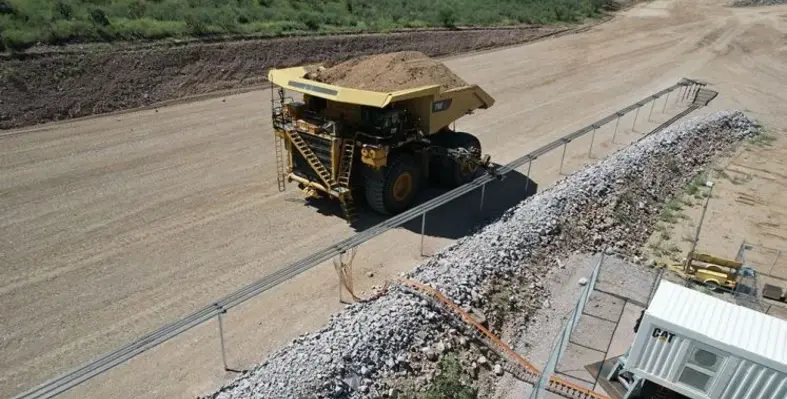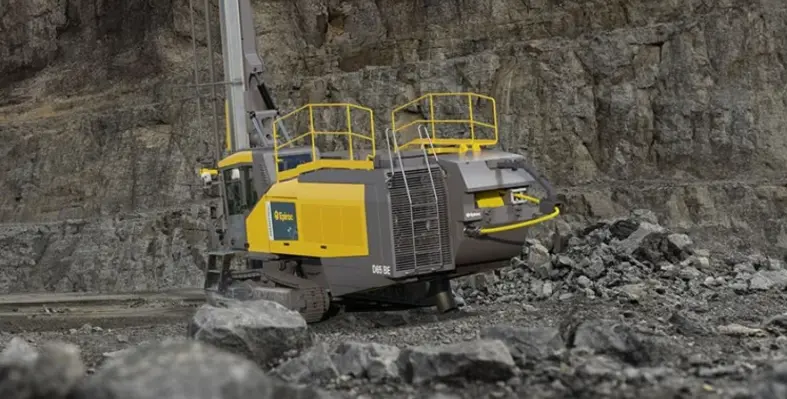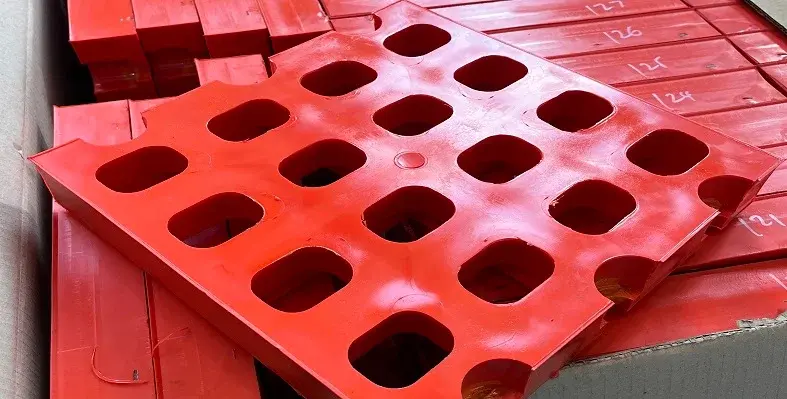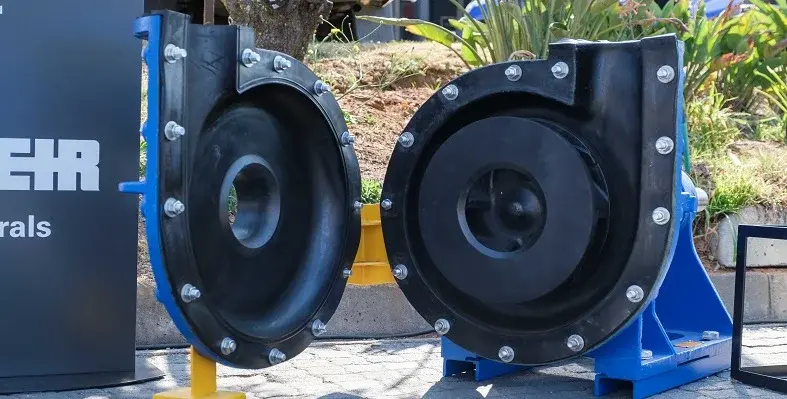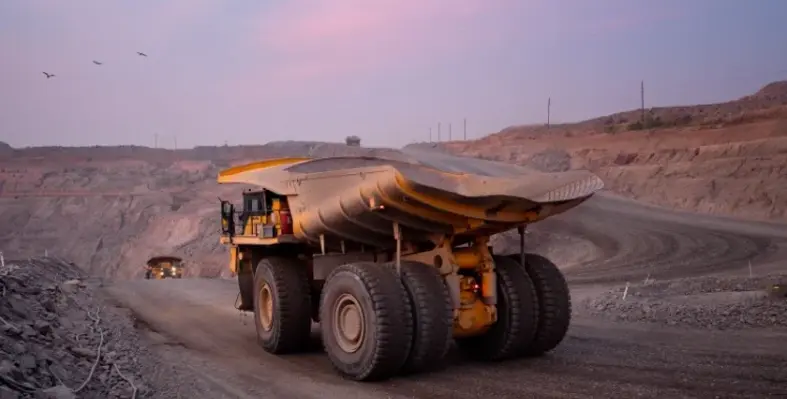
The expansion unlocks the potential to transform the Lumwana mine into a long-life, high yielding, Top 25 copper producer and a Tier One copper mine, capable of contending with the volatility of the copper demand cycles. (Image source: Barrick)
Barrick’s ambitious expansion of the Lumwana mine in Zambia is moving swiftly, with the feasibility study set to be completed by the end of the year, paving the way for construction to begin in 2025
Speaking during a webinar focused on the Lumwana Super Pit Expansion Project, Barrick president and CEO Mark Bristow said the expansion, "Unlocks the potential to transform the Lumwana mine into a long-life, high yielding, Top 25 copper producer and a Tier One copper mine, capable of contending with the volatility of the copper demand cycles."
This expansion will first double throughput by twinning the existing process circuit and then significantly increasing mining volumes. Throughput will rise from the current 27Mt to 52Mt, effectively doubling the mine’s annual copper output from 120kt to an average of 240kt. Mining volumes will ramp up year-on-year, starting at 150Mt in 2024, reaching approximately 240Mt in 2028, and eventually hitting 290Mt per annum by 2030.
CEO for Africa and Middle East Sebastiaan Bock added, “The phased ramp-up will enable a competitive cost profile over the life of the mine and annual operating cash flow and free cash flow are projected to improve by as much as 85% and 60%, respectively, based on the long-term copper price consensus. These production and cost improvements will contribute to an estimated incremental net present value (NPV8) of US$1.7bn.”
At a long-term average copper price of US$4.13/lb, Barrick forecasts an incremental internal rate of return (IRR) of 20%, with a total mine IRR exceeding 50%. The project is expected to pay back its initial expansion capital within two years of completion. Following the expansion, cost of sales and C1 cash costs are projected to fall to US$2.36/lb and US$1.85/lb, respectively, placing Lumwana in the first quartile of the industry, excluding the benefit of any byproducts.
According to mineral resource management and evaluation executive Simon Bottoms, "The process plant engineering has matured to a point that has allowed Barrick to select major equipment vendors and place orders for long lead equipment, including both mills and crushers. We are starting detailed engineering works this quarter and expanding our onsite accommodation while building partnerships with key suppliers and contractors ahead of the pre-construction ground preparation works, which are scheduled to start next year."
Commissioning of the new process plant is anticipated to begin in the second half of 2027. Once the new circuit is online, the existing one will undergo planned shutdowns for upgrades, ensuring steady copper production throughout the expansion.
The permitting process is well advanced, with the Environmental and Social Impact Assessment already submitted to Zambian authorities. Approval is expected by the end of the year. Barrick’s vision for Lumwana is clear: an even greater copper powerhouse is on the horizon.







